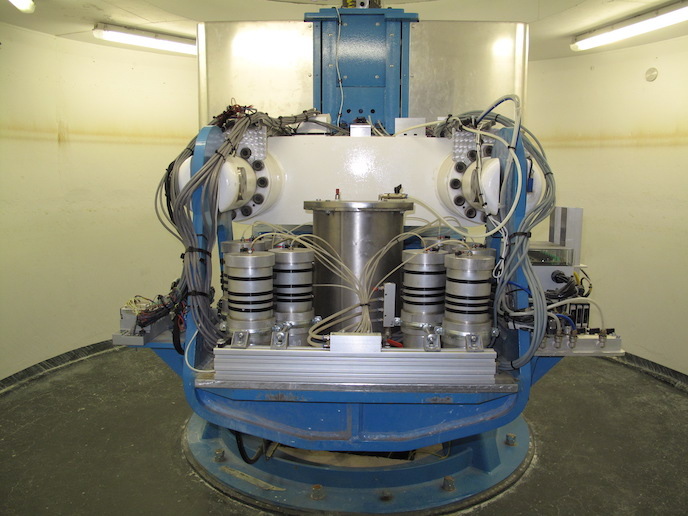Validating the life-cycle impact of a new rheocasting process
Unlike alternative current near-net-shape processes, such as squeeze casting and thixoforming, rheocasting methods may offer more competitive and high quality parts in faster cycle times. Without any premium cost attached to raw material, rheocasting allows precise metal temperature and increased potentialities for easy recycling. The end results may be aluminium structural components, pressure-tight parts or parts with thin walls and rangy sections. Moreover, they feature ultra high strength and ductility, heat-treating possibilities, long die life and outstanding material properties. In line with European regulations for a safer and environmentally-friendlier production of efficient, recyclable, less polluting results, the RHEO_LIGHT project developed a New Rheo-Casting (NRC) process. By employing light alloys the innovative process technology may optimise the manufacture of safety and structural parts that meet a customer's performance and costs needs. Additional benefits for the industries include a minimisation of raw material and energy consumption, as well as a maximisation of industrial flexibility and material's recyclability. Part of the project's results contained an extensive analysis of the life cycle impact of the new NRC process technology. On the basis of experimental results the benefits related to processing and manufacturing were presented in comparison to other related technologies. The life cycle assessment of this innovation may unveil new possibilities for industrial production of rheocast components also taking into consideration environmental benefits in relevance to key competing technologies. Covering all phases of the product's life cycle from raw material to final component and end-life part, it is a unique and comprehensive study for further research and development.







